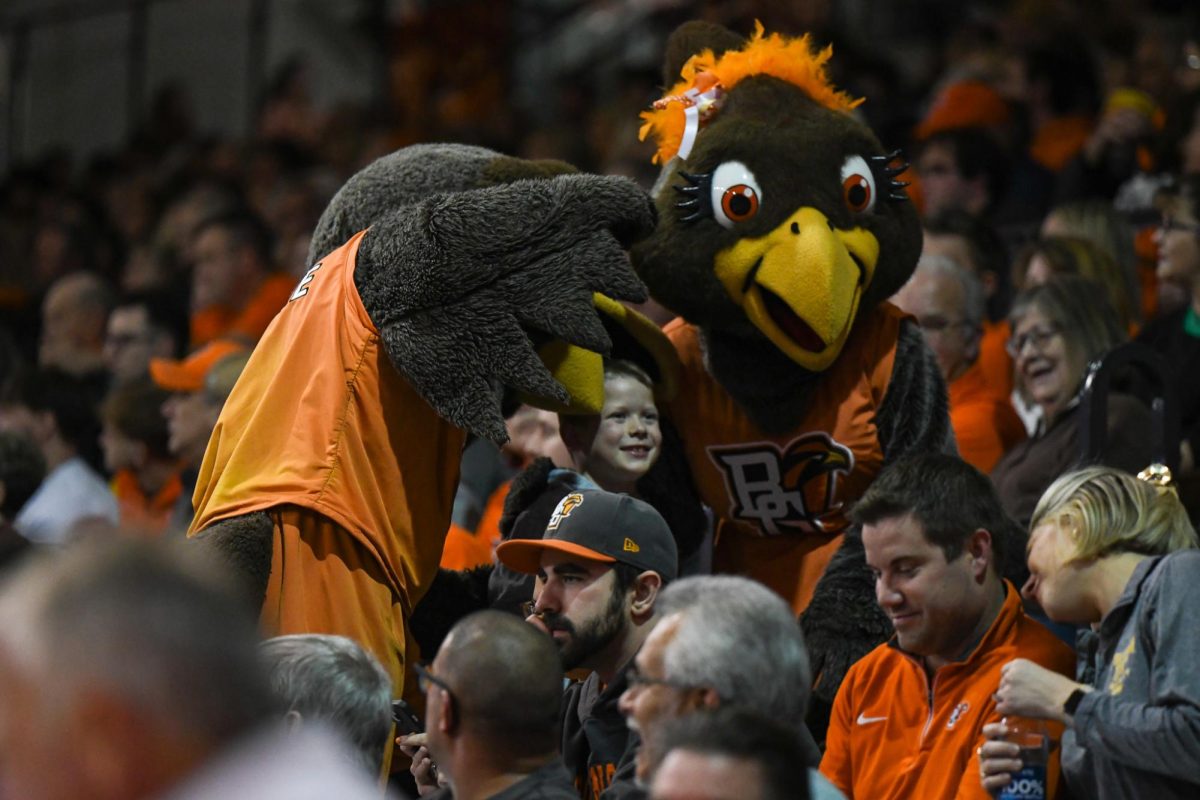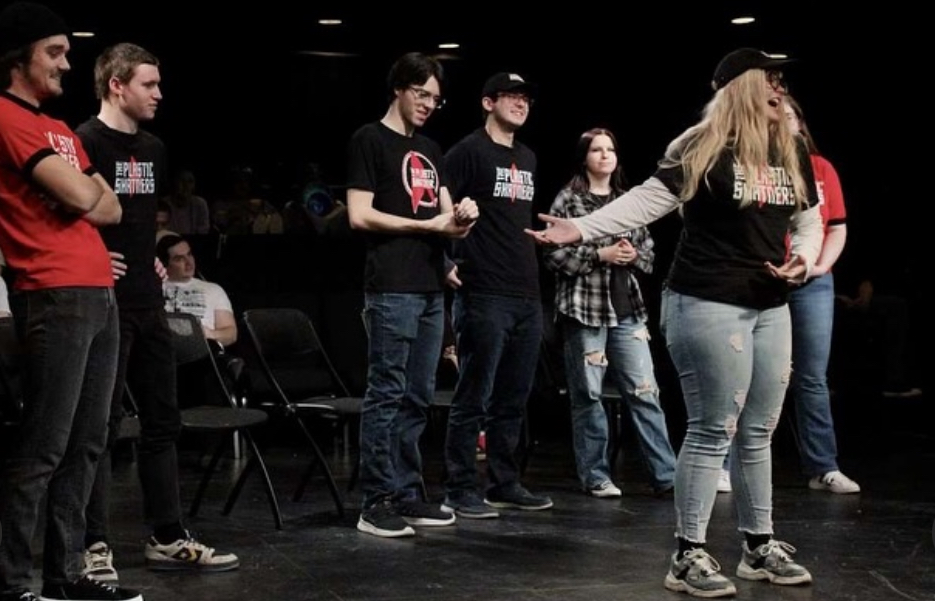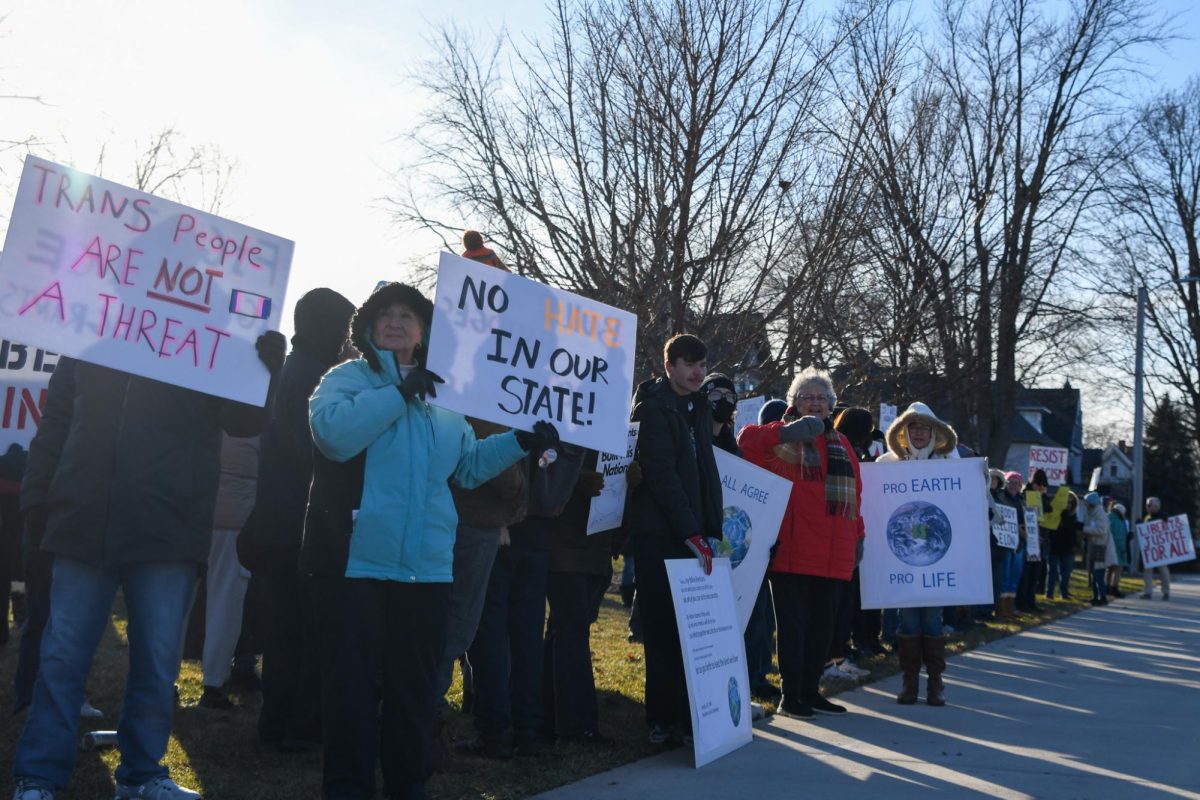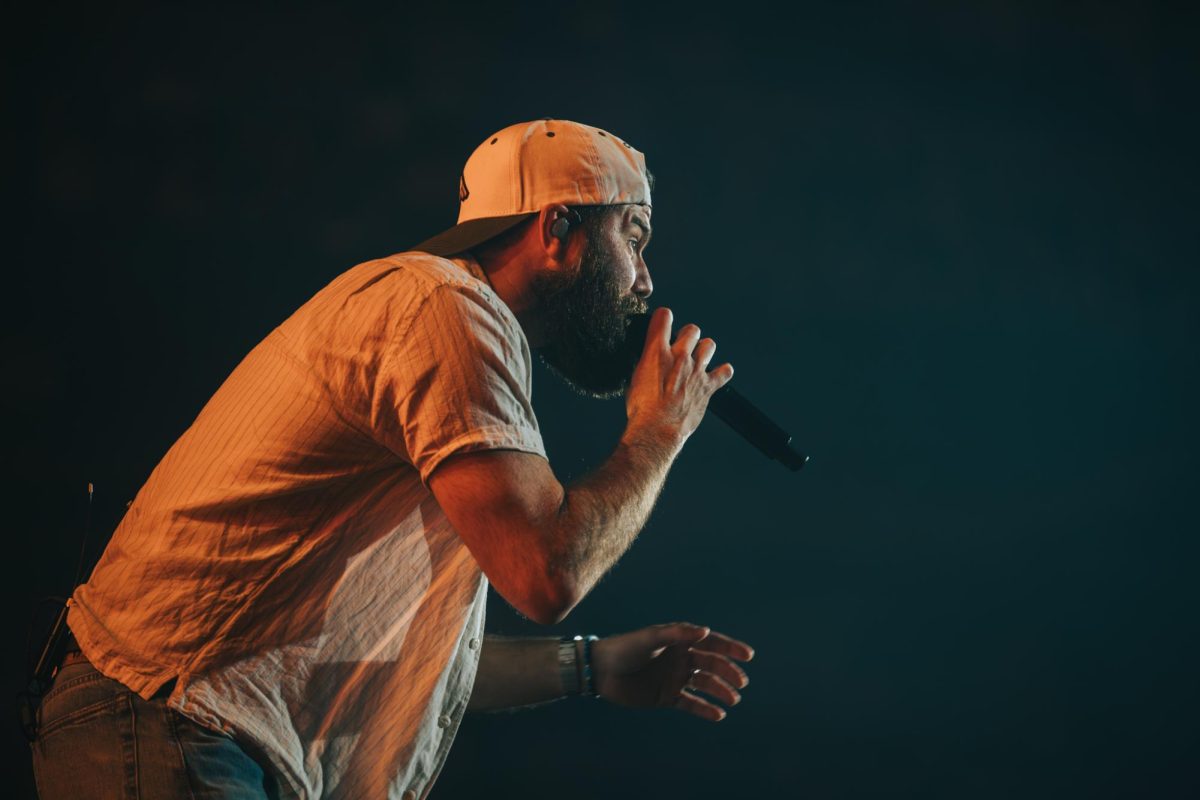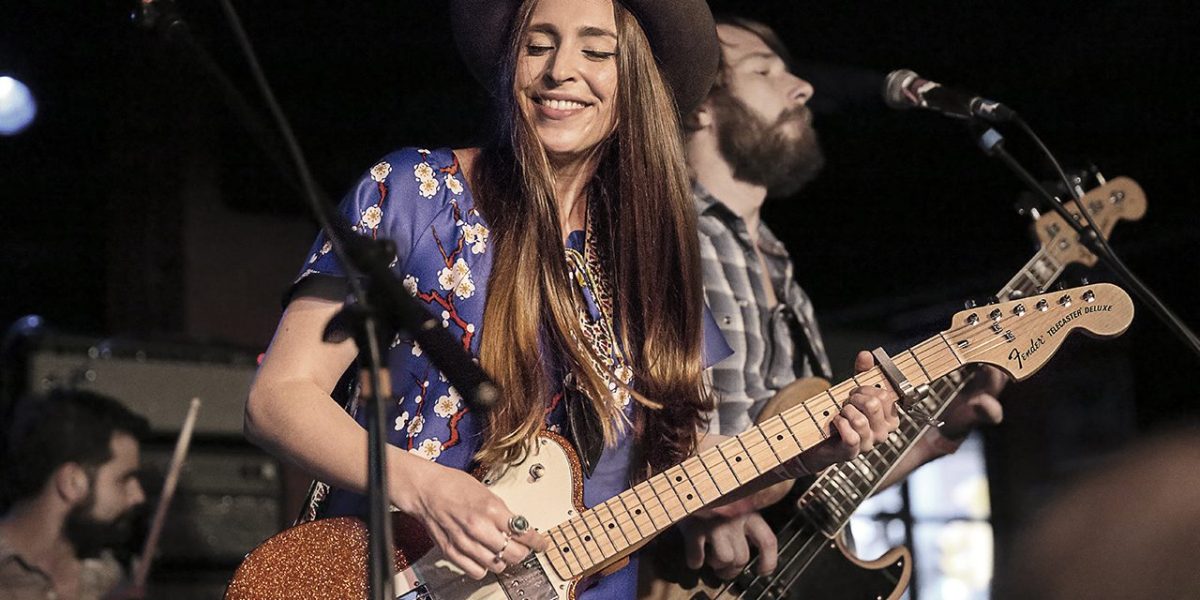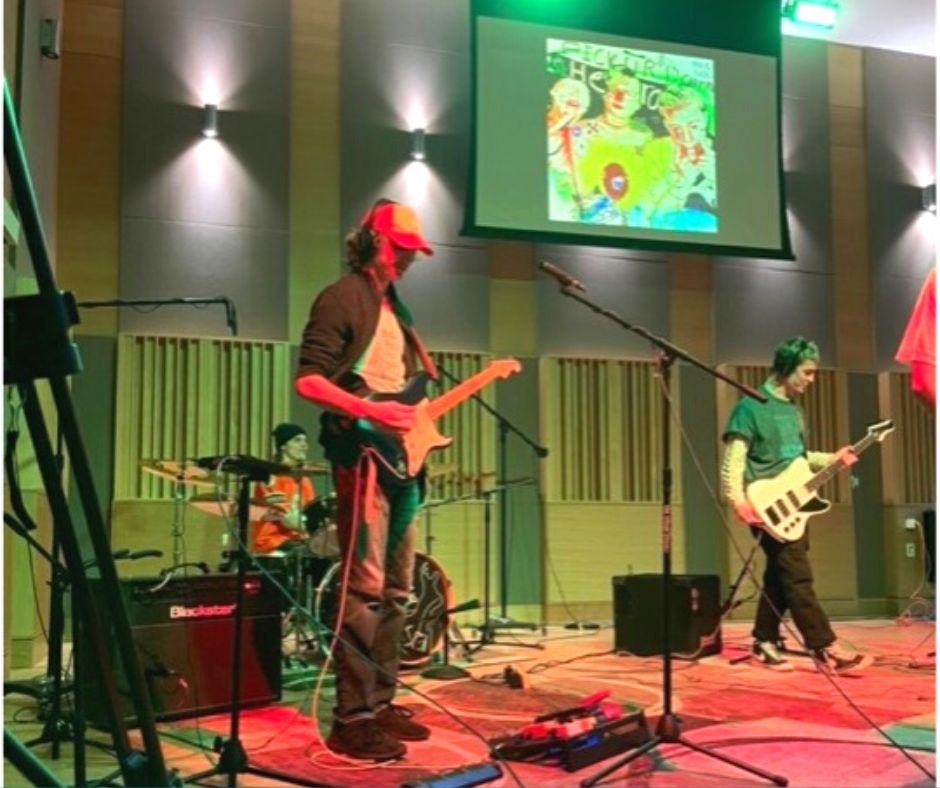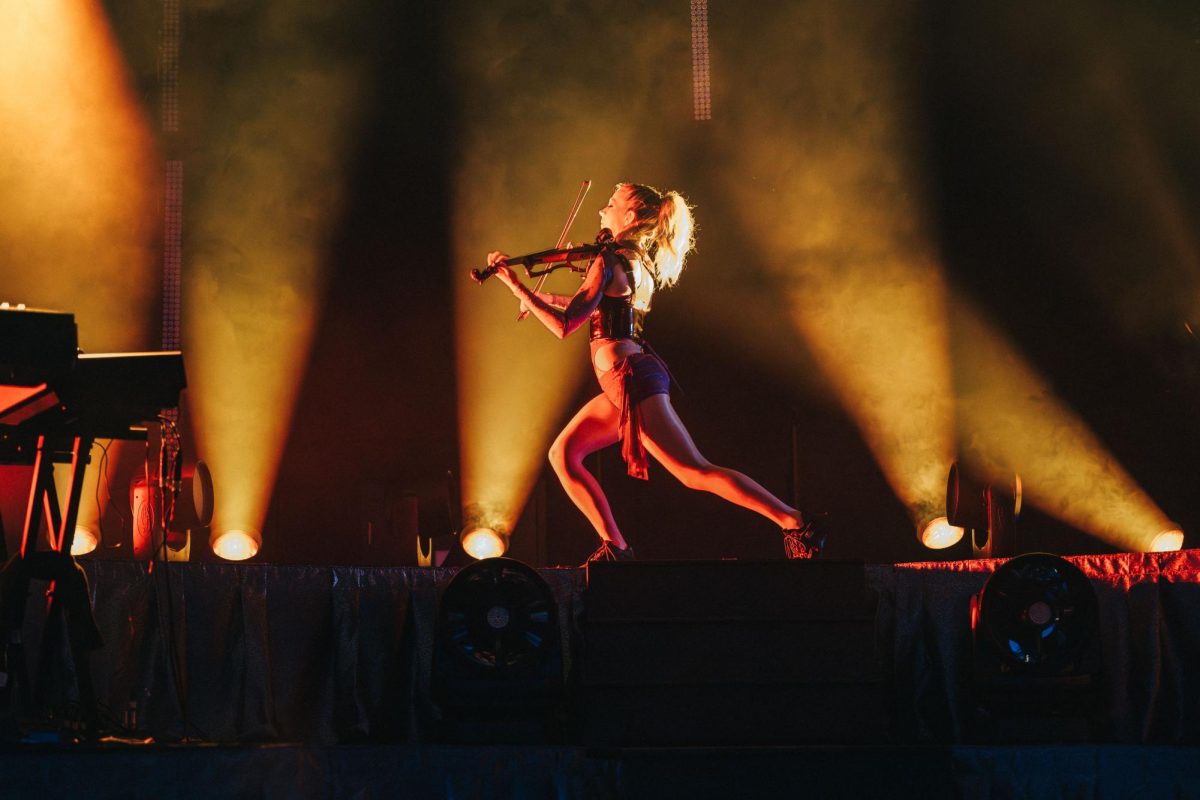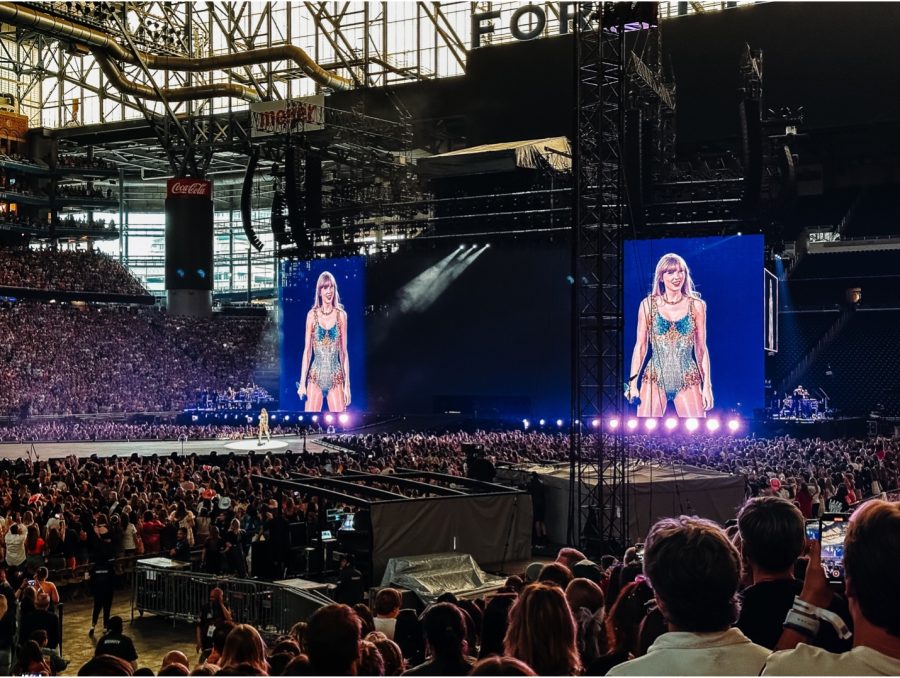Samantha Momeyer | Lifestyle Content Director
Podcasting. Something that everyone is capable of doing if they are so inclined. Podcasting is a simple, fun and efficient way to entertain and inform.
A 2020 article, written by Allison Ebner and published on the University of Delaware’s website, discussed how podcasting is “Conversations that create community.”
College students, specifically those that are planning a career in journalism, marketing and communications, can look into podcasting as a way to promote themselves for work. Podcasting can also be for anyone and does not need to be tied to promoting or work.
According to Ebner, “Podcasts provide us with opportunities to connect with others, fostering a sense of personal connection through the power and intimacy of one’s voice.”
Podcasting can be a fun way to complete assignments or projects if given freedom for creativity.
Ebner explains that at UD, “in Integrated Biology and Chemistry, an introductory course and lab for 300 life science majors a semester, a podcast assignment has been a staple for the past four semesters.”
She explains that for that assignment, “one student [was] serving as host and the other two as subject experts.” Students played these roles while recording as a fun and efficient way to explain their researched information.
In addition to using podcasts for educational and informational purposes, podcasting can be used for entertainment. Ebner mentions how during quarantine, a woman by the name of Shay Smith started a podcast called “Shay Says.” This podcast “offers different perspectives on cultural myths and mental health.”
Shay’s startup was easy, Ebner wrote that all she did was buy “a microphone to ensure the best audio quality, and began reaching out to experts and researchers to appear in episodes.” It was something that was for her entertainment and others, no one was making her do this.
Although starting a podcast is quite easy, it can be intimidating to start. From personal experiences, starting up was a big learning curve. Therefore, Ebners article gave some helpful tips for starting up a podcast by oneself.
Ebner explains her pieces of advice are to “listen to other podcasts” and “know your audience.” Listening to other podcasts sparks creative ideas for one’s own and can help gauge what a podcast should sound like to a listener. Furthermore, knowing one’s intended audience is crucial because it allows the podcaster to speak in a way that appeals to whomever they chose as their audience.
Moving forward, Ebner says how it is important to “plan and practice,” “be aware of your surroundings” and “work with what you have.”
Planning and practicing are making sure the podcast sounds conversational. “Outline the key points you want to hit in advance to ensure you get to them when you’re recording,” according to Ebner.
Being aware of one’s surroundings is important so that the audio is pleasing and not distracting to listen to.
Finally, the last piece of advice says to work with what one has. Anyone can start a podcast because all you need is a phone, and these days it is hard to find someone that does not have a phone.
“Phones can record good audio as long as they are close enough to the person speaking,” Ebner said.
Overall, podcasting can be of advantage for educational, informative and entertainment purposes. Likewise, it is also overall a new and fun way of communicating and connecting. Connectivity for college students should be enough to seal the deal. Connections are a big part of success.


